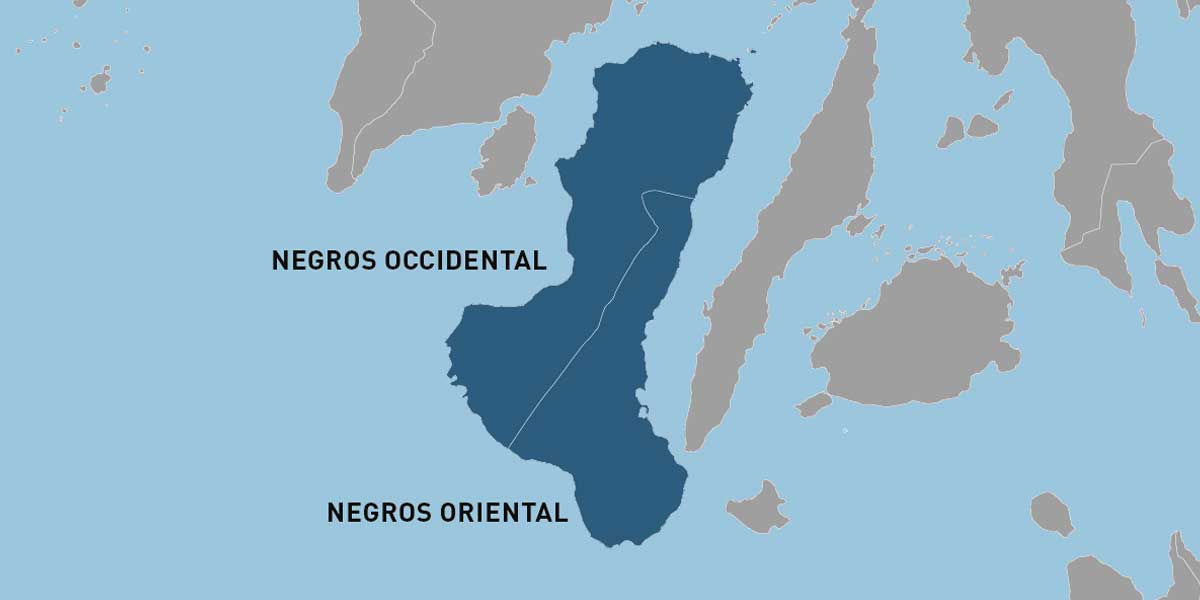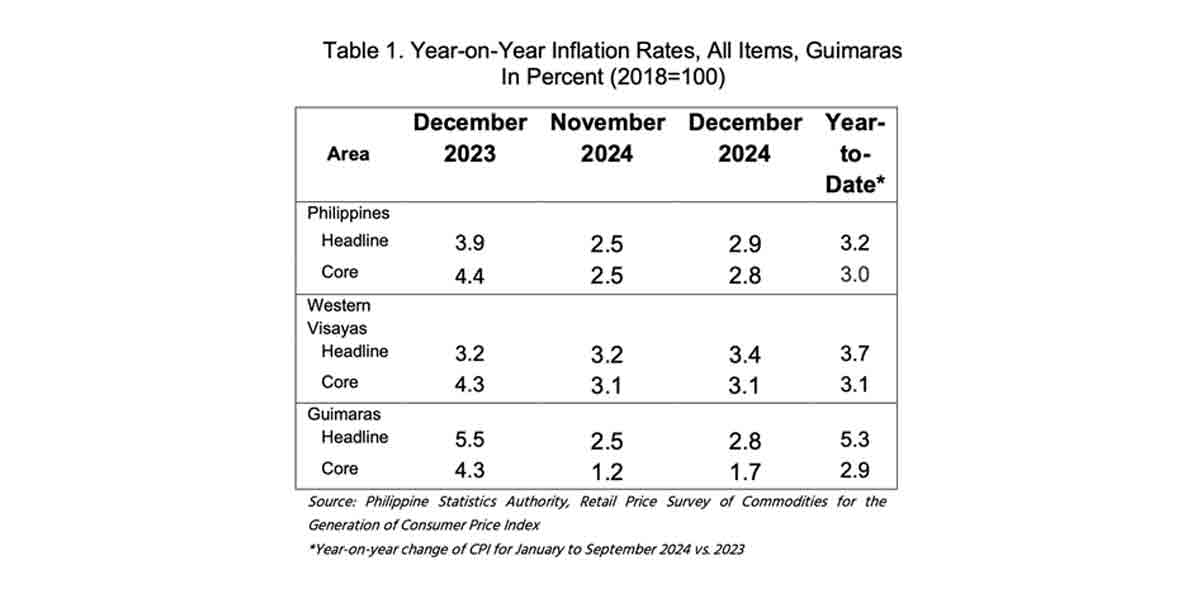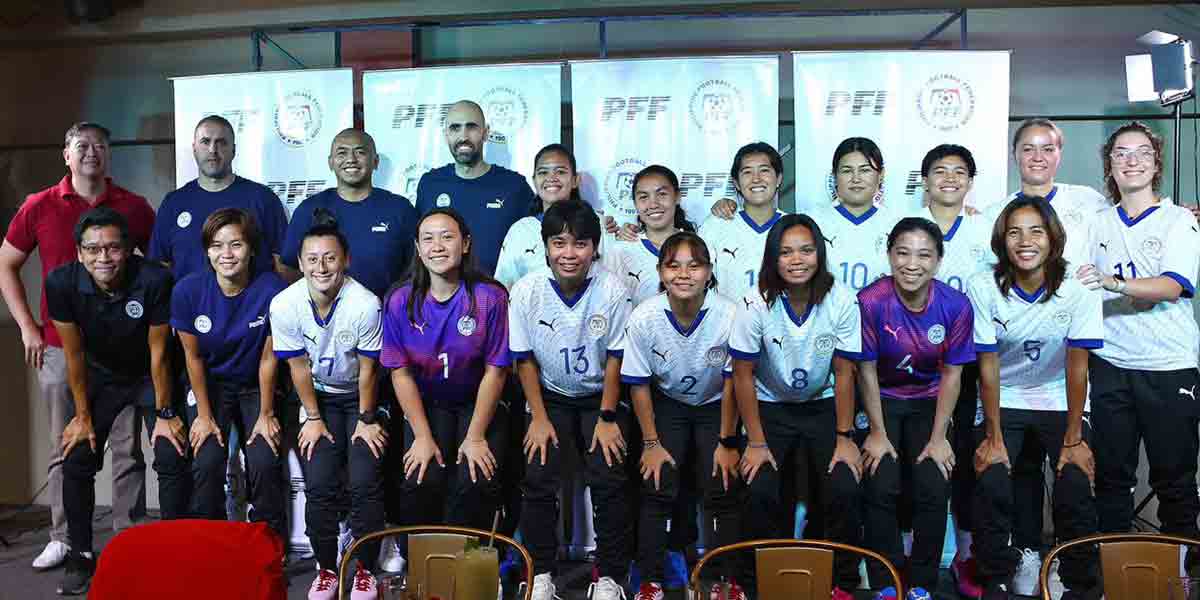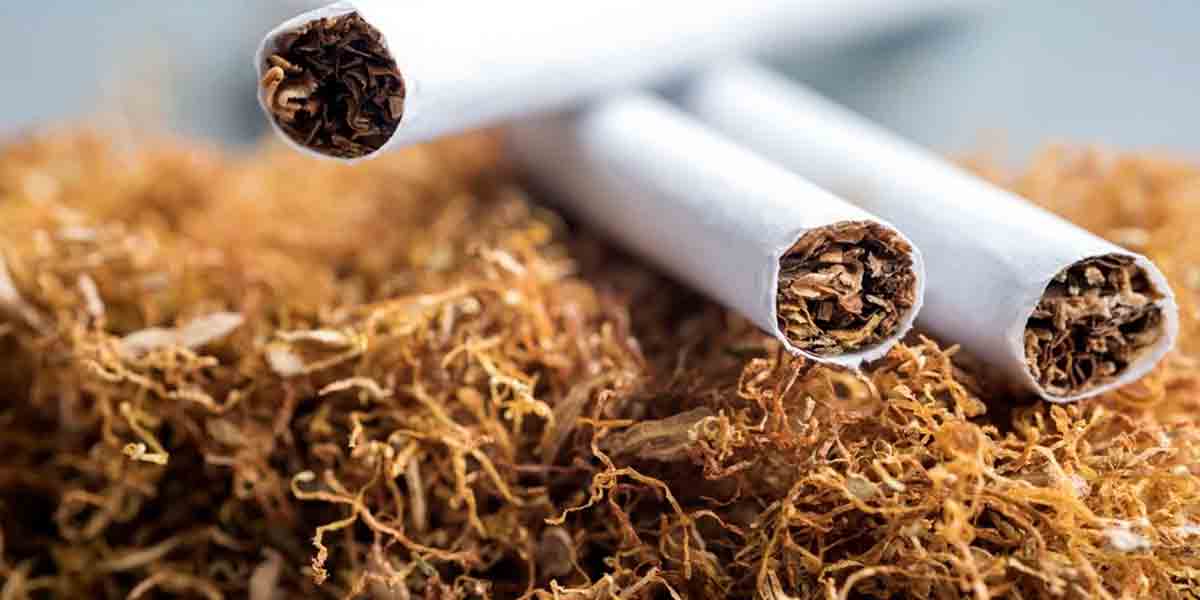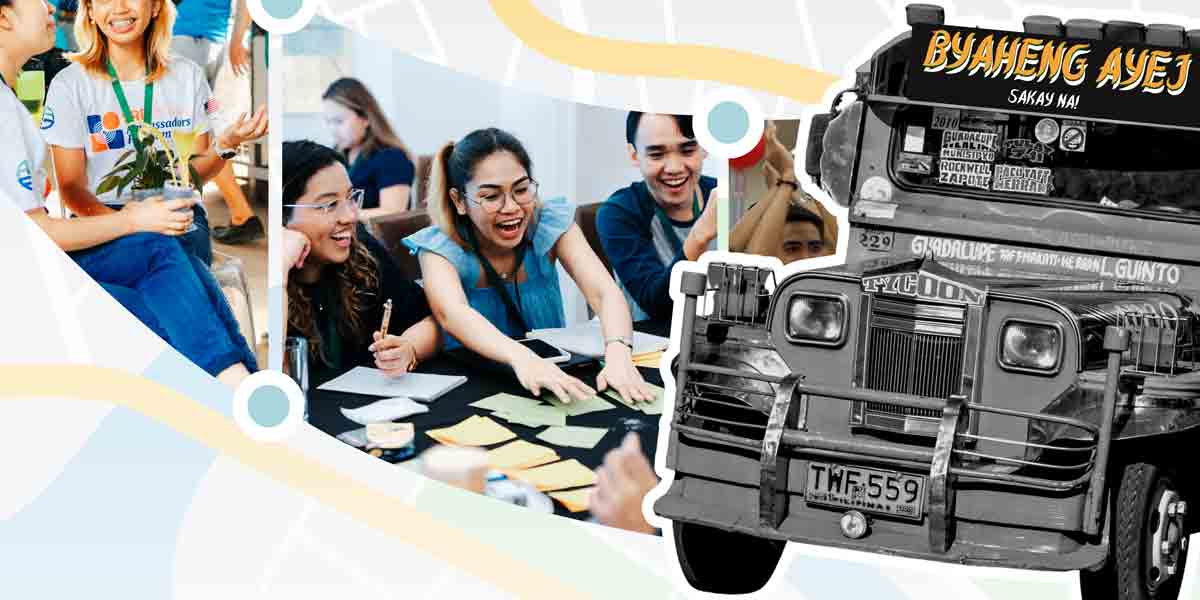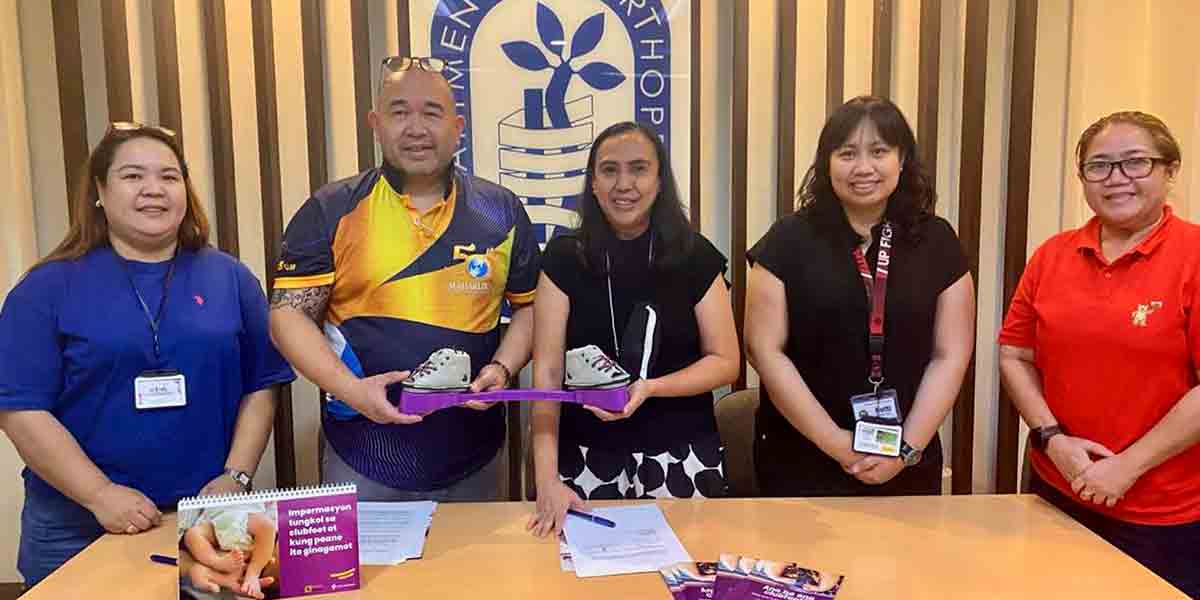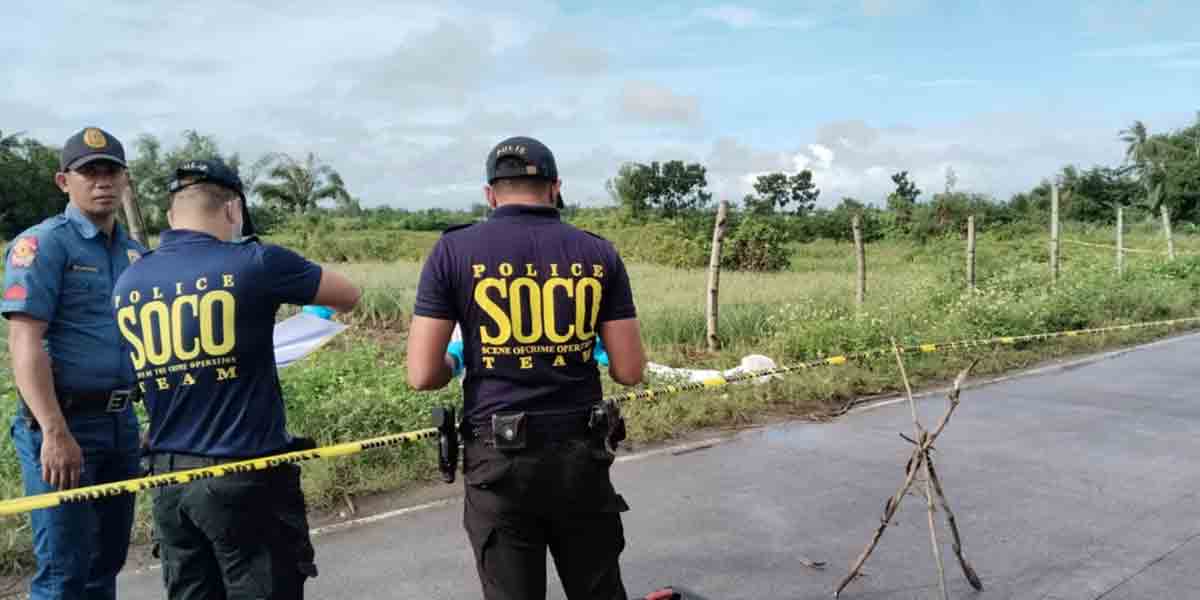By Yvonne Su
Bayanihan, the indigenous Filipino custom of group work, has been weaponized by President Rodrigo Duterte of the Philippines to advance his own power.
Historically, bayanihan refers to the Filipino tradition of a community coming together to help families physically lift their wooden houses from one location to another. Now the term refers more to volunteering.
But amid a global pandemic, when gathering is the main source of infection, historian Greg Bankoff argues that bayanihan no longer works to help Filipinos overcome challenges. Instead, the traditional practices of bayanihan put people at risk of infection.
So it was surprising when Duterte announced the Bayanihan to Heal as One Act, legislation granting him additional authority to combat Covid-19 in the Philippines.
The Act grants Duterte rare and special powers to combat Covid-19 such as the ability to intervene in the daily functions of civil society, interfere in the operations of private businesses and even take over companies that refuse to comply with his orders.
Given how much more power this act grants him, many are concerned that this is just a move to “weaponize” the virus to impose his own authoritarian visions.
Retraumatizing communities
Over the past six months, a team of researchers from York University, University of the Philippines and the University of Nottingham have been studying the impact of Covid-19 in urban poor communities in Manila.
During our interviews, local leaders shared that Duterte’s militarized response to Covid-19 was re-traumatizing because the tactics were very similar to his “war on drugs” which used sensationalist rhetoric to portray drug users as a threat to state and society.
Duterte focused on a narrative that blamed pasaways, or “undisciplined” citizens — those who violated the lockdown were criminalized and shamed. For example in Cebu City, cops were instructed in June 2020 to immediately arrest lockdown violators without warning.
The danger of this type of unrestrained law enforcement is clear in the case of three LGBTQI+ people in Pandacaqui who were detained by a village official for violating curfew and accused of looking for illicit sex. As punishment, the village official publicly humiliated them by ordering them to kiss, dance and do push-ups on Facebook live.
Duterte’s Covid-19 response was articulated as a “war” where the enemy was the pasaway. This narrative has been labeled the “pasaway myth” because the urban poor have largely restricted their mobility during one of the longest and strictest lockdowns in the world.
The country’s Covid-19 restrictions, and Duterte’s warning in a televised address that quarantine violators should be shot dead by police, are compelling reasons to follow the rules. However, the militarized response and brutal rhetoric have left deep scars in urban poor communities.
Under the banner of what Bankoff calls “state-sponsored bayanihan,” Duerte’s actions have drastically changed the meaning of the word. The original essence that used to mean so much to local communities is gone, and has been hijacked to meet political ends.
The militarization of the government’s Covid-19 response has incentivized citizens to take actions that oppose the bayanihan spirit. Instead of coming together to help one another, neighbours are encouraged to report each other to stop the pasaways from spreading the virus. Naming the Act the Bayanihan to Heal as One, is a mockery of the term and what it represents.
Covid-19 impacts in Manila
Based on our research, we’ve discovered that instead of rogue political acts from the government, community members want livelihoods, food security and better health care.
Many urban poor communities have a high percentage of informal workers that rely on daily wages. In our interview with Manila’s mayor, Francisco Moreno Domagoso (Isko Moreno), he shared that transport workers, such as jeepney and pedicab drivers, were the ones most heavily impacted by the lockdown.
Despite local efforts to combat the harsh state response — such as the community pantry movement, that saw small, ad hoc food banks spring up in communities across the Philippines — locals are aware that such gestures, which rely on the kindness of strangers, are temporary. In general, such trends are unsustainable.
Food security was a key concern — most households had limited savings and quickly ran out. But to be eligible to receive government relief packs, residents had to be part of an official government list. Our interviewees noted that anyone who was not “friendly” with barangay (village) captains ran the risk of exclusion from the lists.
An interviewee from the office of Vice President Leni Robredo, who was involved in the distribution of relief packs, also told us that their mission was denied access to areas that were not politically aligned with Robredo.
We were told that the pandemic meant that access to routine healthcare was curtailed: frequently, routine health checks were canceled and local health clinics were shut. Maternal care was limited as hospital and community midwives were redeployed to the Covid-19 effort.
Many urban poor found it hard to attend checkups because they were reliant on public transport that was no longer running. In some cases, a lack of timely medical care led to miscarriage and death. Routine vaccinations for children were canceled and generally people feared going to the hospital.
Ultimately, our research tells us that communities need jobs, food and health care, not political acts that hijack the spirit of bayanihan or false narratives of pasaway.
Yvonne Su, Assistant Professor in the Department of Equity Studies, York University, Canada
This article is republished from The Conversation under a Creative Commons license.




